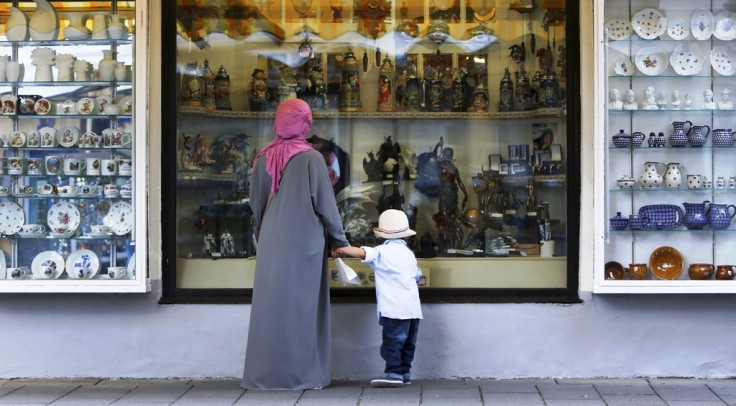Muslim Organization Challenges Austria's Ban On Islamic Headscarf In Elementary Schools

An Austrian Muslim organization on Thursday moved to challenge a recent ban by parliament on headscarves in primary schools.
"The ban on headscarves will only lead to segregation and discrimination against Muslim girls," the Islamic Faith Community in Austria said. "We will bring this discriminatory law before the Constitutional Court."
The law was passed with the majority support of the Austrian Chancellor Sebastian Kurz's conservative Austrian People's Party along with the far-right Freedom Party. Almost all the other Austrian parties voted against the measure.
Kurz supported the law due to his fear that Muslims are setting up "parallel societies" in Austria. In 2019, Kurz's government enacted a regulation that required all public schools in Austria to have mandatory German classes for all students in Austria who had "insufficient" knowledge of the country's national language.
The education spokesperson of the far-right Freedom Party, Wendelin Moezler, said the law was a signal "against political Islam."
The ban does not include other religious symbols that cover the head, such as the Jewish Kippa, and applies to Muslim girls up to the age of 10, the Austria Press Agency reported.
The former Austrian Education Minister, Sonja Hammershid, believes that the ban will not be effective because the girls would just put their headscarves back on after the end of the school day, Sky News reported.
The Austrian government in October 2017 banned full-face veils in public spaces, which became known as the "Burqa Ban."
Other European countries that ban religious clothing include France, where students are not allowed to wear any religious clothes or symbolism while in school. France enacted the ban in 2004 due to the strict separation of religion and state in French society.
© Copyright IBTimes 2025. All rights reserved.





















